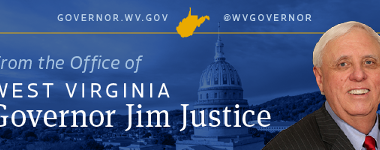HUNTINGTON, W.Va — From the editorial page of the Herald-Dispatch:
You may have gotten one of these phone calls recently.
A casual sounding voice says “Hey, this is Sam, and I am calling to check on your credit card account.” The caller promises that he has offers that could save you money with extremely low interest rates.
When you ask “Who is this?” or “How did you get this number?,” Sam just keeps talking, because this is just a recording – and probably an illegal one at that – designed to target you for scams. Later the pre-recorded message will ask for you to press “1” for more information or press “2” to be removed from the call list.
Consumer advocates warn that pressing any number is a bad idea. It will either confirm your phone number for future calls or connect you with someone who is skilled at separating you from your money. The best option is to hang up.
West Virginia Attorney General Patrick Morrisey recently listed these “robocalls” among his list of top 10 scams in the Mountain State.
But the continued rise of robocall scams raises a deeper concern, because these calls already have been banned by the Federal Trade Commission. Recorded sales messages are prohibited unless you have given written permission allowing contact, even if you are not on the “Do Not Call” registry.
Sadly, the bad guys have technology on their side.
With autodialing computers, scam operators can send out thousands of calls in a matter of minutes. Some now use “spoofing” techniques to make their numbers look legitimate on caller ID. If only a small percentage of residents respond, the scammers win, especially when they identify consumers that might be particularly vulnerable because of age or judgment.
To make matters worse, many scam calls are coming from overseas, making prosecution almost impossible.
Residents can stay on the alert and file complaints, but consumer advocates say phone companies can and should do more to help. For example, Consumers Union, which publishes Consumer Reports, is lobbying the nation’s top phone companies to provide free call-blocking technology.
It is time to get that conversation going. More information is available at endrobocalls.org.





